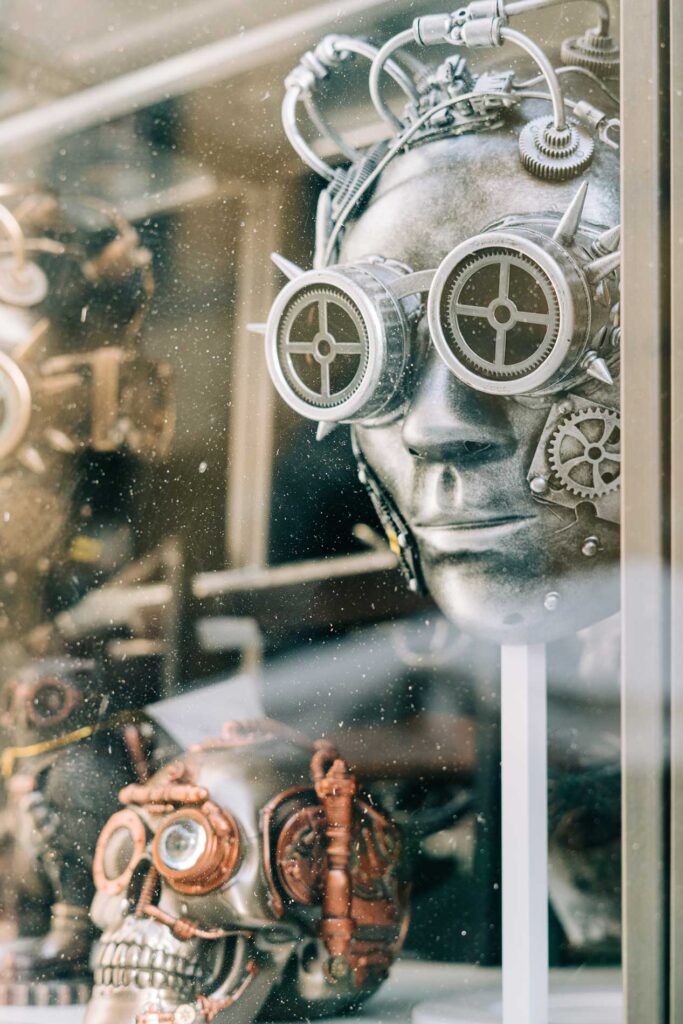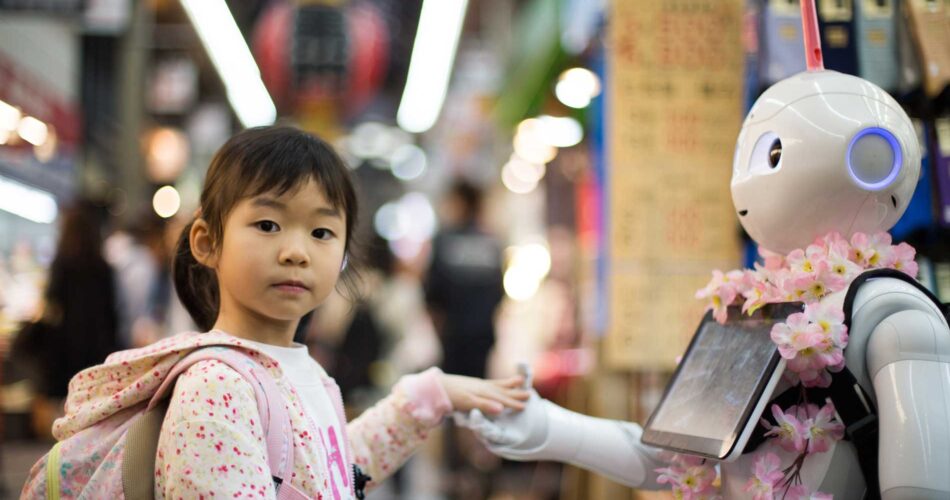Artificial intelligence (AI) is the simulation of human intelligence processes by computer systems. These processes include learning (the acquisition of information and rules for using the information), reasoning (using the rules to reach approximate or definite conclusions), and self-correction.
As AI technology continues to advance, it has the potential to greatly benefit humanity by solving some of the world’s most pressing problems, such as climate change, disease, and poverty. However, there are also concerns about the impact of AI on society, particularly in terms of job displacement and the potential for AI systems to be used for malicious purposes.

One of the key ways that AI can benefit humanity is by augmenting human capabilities. For example, AI systems can assist doctors in diagnosing and treating diseases, help researchers analyze data and make new discoveries, and enable self-driving cars to make transportation safer.
Another key way that AI can benefit humanity is by automating repetitive and dangerous tasks. This can help to improve working conditions and increase productivity.
However, the rapid development of AI also poses challenges for society. One of the biggest concerns is the potential for AI systems to displace jobs, particularly in industries such as manufacturing and transportation. There is also concern about the potential for AI systems to be used for malicious purposes, such as cyber attacks or the development of autonomous weapons.
To ensure that AI benefits humanity, it is important for researchers, policymakers, and industry leaders to work together to develop ethical guidelines for the development and use of AI systems. This can help to ensure that AI is developed in a responsible and transparent manner and that its benefits are equitably distributed.
The potential for AI to impact human decision making
One important aspect to consider when discussing the relationship between AI and humans is the potential for AI to impact human decision making. AI systems are increasingly being used in various decision-making processes such as financial and legal systems, healthcare, and even in hiring and recruitment. However, there is a risk that AI systems may perpetuate or even amplify existing biases and discrimination. For example, if an AI system is trained on biased data, it may make decisions that are unfair or unjust.
To mitigate these risks, it is important to ensure that AI systems are developed and used in an ethical and transparent manner. This includes ensuring that the data used to train AI systems is diverse, unbiased and accurate, as well as having human oversight and accountability in place. Additionally, it is essential to have regulations and laws in place to govern the use of AI and to protect citizens from any negative impacts.
AI is not a silver bullet for all problems
It is necessary to identify the areas where AI can be most effectively used and where it can have the most impact. It is important to recognize that AI is only a tool and its success depends on how well it is integrated with human intelligence and expertise. By working together, humans and AI can achieve much more than either could alone.
In conclusion, Artificial Intelligence has the potential to be a game-changer for humanity, but it is important to approach its development and use with care and consideration. By ensuring that AI is developed and used ethically, transparently, and with human oversight, we can maximize its benefits while minimizing its risks.

